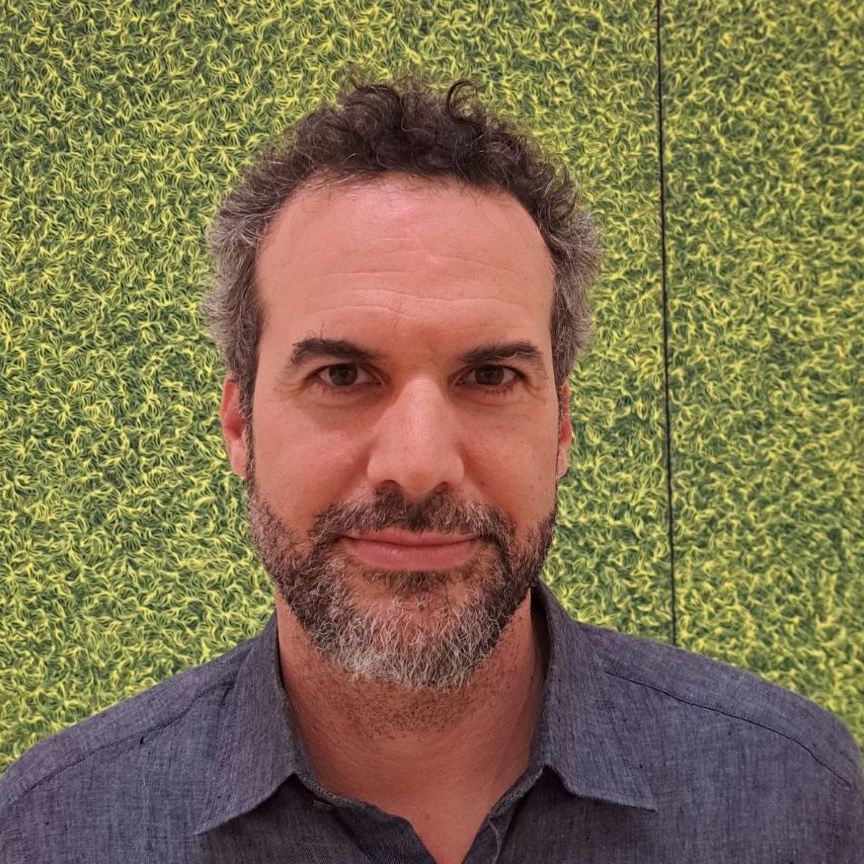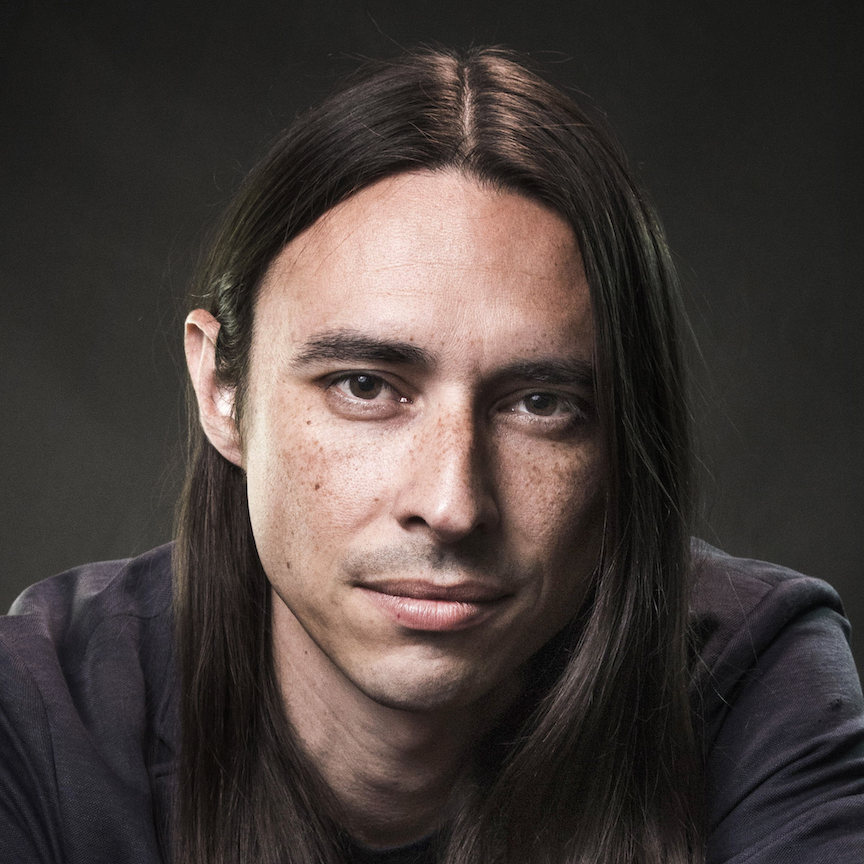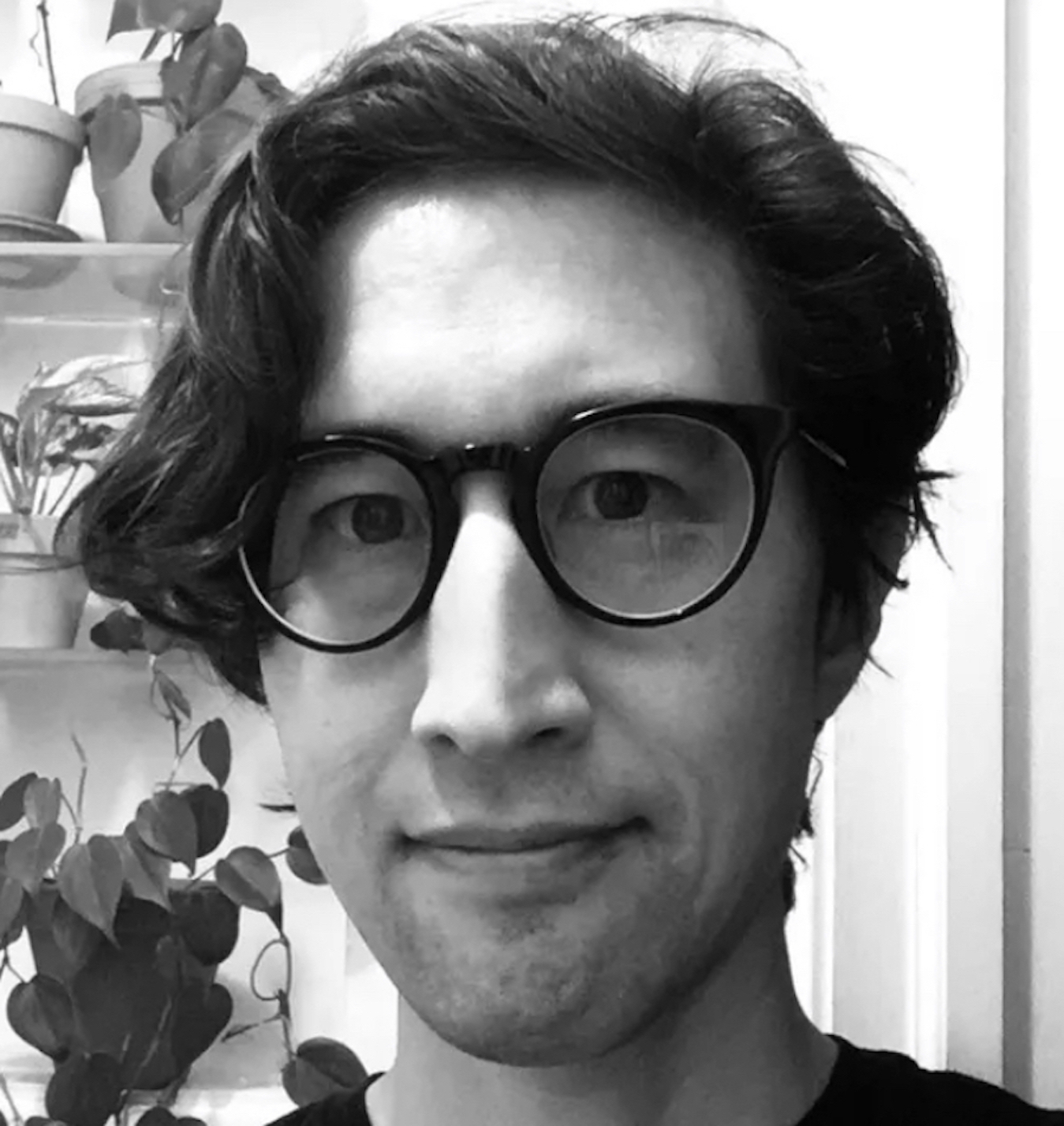 |
|
Meet the HISB 2022-2023 Faculty Fellows

Eric Lewis Beverley, History Department
Project: “Hyderabad in a World of Cities: Urban Property and Global Connections”
This project continues his work on the urban history of the Indian city of Hyderabad from 1910 to today, using property claims to explore global connections and legacies of past regimes. Descriptions of urban South Asia often eschew historical grounding and focus on the recent rise of ‘global cities’ like Mumbai or Delhi, just as urban studies scholarship broadly lacks attention to long-term contexts, multiple scales, and examples beyond normative ‘first world’ metropolises. The case of Hyderabad provides nuance to the story of global urbanism. Initially capital of Hyderabad State which was ruled by an autonomous Muslim dynasty until 1948, the city expanded from 500,000 to 10 million over the period. Set in a context of long-term regional and global connections, and changing planning and land regimes, the book explores the expanding urban fabric of Hyderabad. Cases illustrate how old forms of urban power resonate, and reveal a city shaped by hinterland ties and uneven global integration. The book develops a model for historically-grounded urban scholarship sensitive to particularities of place applicable to expanding cities worldwide.
Lecture: “Making Urban Property: Land Regimes, Capitalism, and Global Connections in Hyderabad”
Date: Wednesday, November 8, 2023 4:30–6:00pm in 1008 Humanities
Indian cities are being remade by a massive and continuous urban population explosion, as is the case in much of the global south and the world. The southern Indian city Hyderabad exemplifies this trend, expanding from under half a million in 1900, to one million at mid-century, to over 10 million by 2020. Urban property and construction, as financialized real estate, are now a central means of capital accumulation, even as most urban dwellers struggle for necessities. Possession and use of lands in Hyderabad are shaped by long histories of dynastic or national state control and land granting and popular or community access and entitlement via squatting or social development initiatives. This lecture considers the complex ways practices of inhabiting and asserting control over urban lands are translated into capitalist regimes of liberal ownership and transferability. Reflecting on the urban property and lives in Hyderabad offers an opportunity to consider other possible futures urban futures for South Asia, the global south, and the world.
Eric Lewis Beverley is Associate Professor of History at Stony Brook University. He is on the International Advisory Board of the Global Urban History Project, and is a member of the American Institute of Indian Studies Board of Trustees. His research on modern and early modern South Asia and the Indian Ocean world examines transnational connections and urban change, sovereignty and global state systems, and borderlands and law. He is author of Hyderabad, British India, and the World: Muslim Networks and Minor Sovereignty, c. 1850-1950 (Cambridge 2015; Delhi 2016), and numerous articles, and is currently working on an urban history of twentieth-century Hyderabad City, as well as a short volume on Indian Ocean urbanism.

Joseph M. Pierce, Hispanic Languages and Literature Department
Project: “Speculative Relations: Indigenous Worlding Across the Hemispheric Americas”
“We are children of war for whom the earth is a collaborative work of art”, writes Cree poet Billy-Ray Belcourt in A History of My Brief Body. This sentiment that Belcourt describes is both New and very old. This reflection on the destructive effects of colonialism and the fundamental connection between nature, kinship, and creativity is an example of how Indigenous peoples relate to history, land, art, and power. The book project shows how Indigenous artists engage in speculative relations, a creative practice of resistance to colonial norms that harnesses worldmaking possibilities for future lives. Speculative Relations illuminates how the creative work of relating to human and more-than-human kin offers not just alternative to colonialism, but methods of repair and healing for marginalized subjects.
Lecture: "Speculative Relations: Indigenous Worlding Across the Hemispheric Americas"
Date: Wednesday, September 28, 2023 4:30–6:00pm in 1008 Humanities
This presentation will chart the principal arguments of Pierce's new monograph, Speculative Relations: Indigenous Worlding Across the Hemispheric Americas. By interrogating art, photography, literature, and cinematic portrayals of Indigenous peoples, the book develops a method of engaging with ancestral and futurist worlding practices that defy normative expectations of Indigenous erasure. Activating speculation as a form of relational praxis, the work imagines pathways for healing, surviving, and repairing knowledge systems that have been erased or hidden through colonial violence.
Joseph M. Pierce is Associate Professor in the Department of Hispanic Languages and Literature at Stony Brook University. His research focuses on the intersections of kinship, gender, sexuality, and race in Latin America, 19th century literature and culture, queer studies, Indigenous studies, and hemispheric approaches to citizenship and belonging. He is the author of Argentine Intimacies: Queer Kinship in an Age of Splendor, 1890-1910 (SUNY Press, 2019) and co-editor of Políticas del amor: Derechos sexuales y escrituras disidentes en el Cono Sur (Cuarto Propio, 2018) as well as the 2021 special issue of GLQ, “Queer/Cuir Américas: Translation, Decoloniality, and the Incommensurable.” His work has been published recently in Revista Hispánica Moderna, Critical Ethnic Studies, Latin American Research Review, and has also been featured in Indian Country Today. Along with S.J. Norman (Koori of Wiradjuri descent) he is co-curator of the performance series Knowledge of Wounds. He is a citizen of the Cherokee Nation.

Michael Tondre, English Department
Project: “Refinement: Oil, Literature, and the British Atlantic World, 1850-1930”
Histories of oil often begin too late. With few exceptions, scholars have told the story of Britain’s transition from domestic coal to overseas oil as a tale of epochal events and actors around World War I, when Winston Churchill spurred the nation’s “fateful plunge” into league with the British Petroleum and Shell Oil cartels. At that threshold, petroleum became a major strategic resource that enabled everything from mass automobilism to plastics production and petro-fertilized food. Such dependencies now constitute citizens of the hemispheric north as “oil subjects,” in Jennifer Wenzel’s words: individuals whose basic capacities for feeling, thought, and action rely on cheap hydrocarbon flows, extracted from unseen frontiers of dispossession to power that which we call modern. The age of petroleum power, however, has yet to be fully understood through the imaginative transformations that created its possibility in nineteenth and early twentieth-century culture. Refinement will be the first study to trace the literary origins of the petro-era through the extractive legacies of British colonization, imperialism, and anti-colonial resistance.
Lecture: "The Invention of Oil: Imperial Science, Literary Form, and the Birth of Carbon Modernity"
Date: Wednesday, October 4, 2023 4:30–6:00pm in 1008 Humanities
Oil exists, strictly speaking, as a fiction: the nom-de-plume for an assortment of carbon-rich liquids at modernity’s heart. This paper tells the untold story of oil’s invention in the hands of cartographers, scientists, and literary authors across the Victorian world system. He argues that oil’s construction as a singular resource was sutured tightly to that of its imperial twin, the global oil field. Those two constructs came into being as mutually constitutive artifacts of nineteenth-century globalization, since arguments about what oil was were inextricable from where it was within greater Britain’s territories. This new energetics upended conventional doxa about the mineral kingdom, and made the fiction of oil seem self-identical and real—in short, an elemental truth.
Michael Tondre is Associate Professor of English at Stony Brook University. He is the author of The Physics of Possibility (University of Virginia, 2018) and Oil (forthcoming in Bloomsbury’s Object Lessons series). He’s published the first modern edition of Upton Sinclair's Oil! (Penguin Classics, 2023)and has contributed to journals such as PMLA, ELH, Victorian Studies, Victorian Literature and Culture, Nineteenth-Century Literature, and The Paris Review. Excerpts from his current project, "Refinement: Oil, Literature, and the British Atlantic World," have won the 2018 Nineteenth Century Studies Association Essay Prize and the 2019 Society for Literature, Science, and the Arts Article Prize.
Download the Faculty Fellows Fall 2023 lectures poster
Learn More about the HISB Faculty Fellows Program
